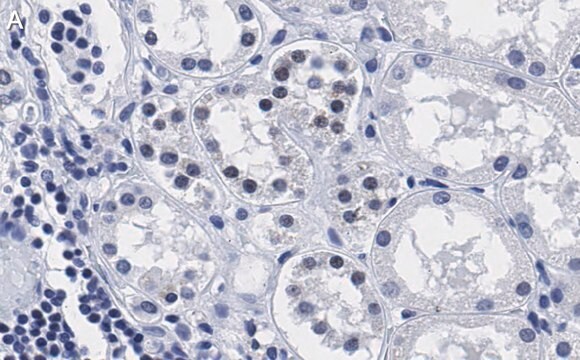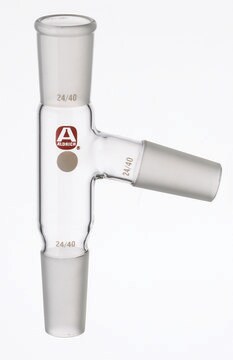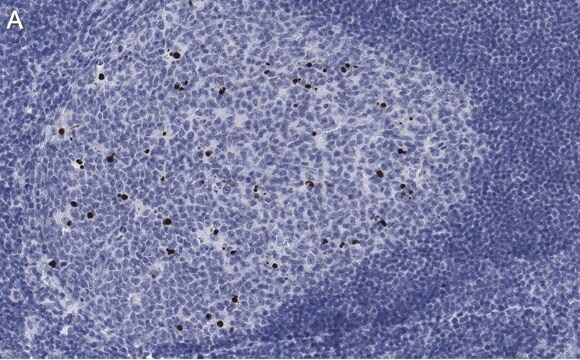05-5895
Copper(II) chloride
SAJ first grade, ≥98.0%
Synonym(s):
Cupric chloride
About This Item
Recommended Products
grade
SAJ first grade
Assay
≥98.0%
form
solid
reaction suitability
reagent type: catalyst
core: copper
availability
available only in Japan
mp
620 °C (lit.)
density
3.386 g/mL at 25 °C (lit.)
storage temp.
15-25°C
SMILES string
Cl[Cu]Cl
InChI
1S/2ClH.Cu/h2*1H;/q;;+2/p-2
InChI key
ORTQZVOHEJQUHG-UHFFFAOYSA-L
Looking for similar products? Visit Product Comparison Guide
Related Categories
Signal Word
Danger
Hazard Statements
Precautionary Statements
Hazard Classifications
Acute Tox. 4 Dermal - Acute Tox. 4 Oral - Aquatic Acute 1 - Aquatic Chronic 2 - Eye Dam. 1 - Skin Irrit. 2
Storage Class Code
8A - Combustible corrosive hazardous materials
WGK
WGK 3
Regulatory Listings
Regulatory Listings are mainly provided for chemical products. Only limited information can be provided here for non-chemical products. No entry means none of the components are listed. It is the user’s obligation to ensure the safe and legal use of the product.
PDSCL
Deleterious substance
PRTR
Class I Designated Chemical Substances
ISHL Indicated Name
Substances Subject to be Indicated Names
ISHL Notified Names
Substances Subject to be Notified Names
JAN Code
05-5895-5-500G-J:
Choose from one of the most recent versions:
Already Own This Product?
Find documentation for the products that you have recently purchased in the Document Library.
Our team of scientists has experience in all areas of research including Life Science, Material Science, Chemical Synthesis, Chromatography, Analytical and many others.
Contact Technical Service







